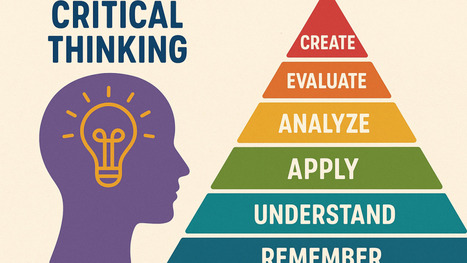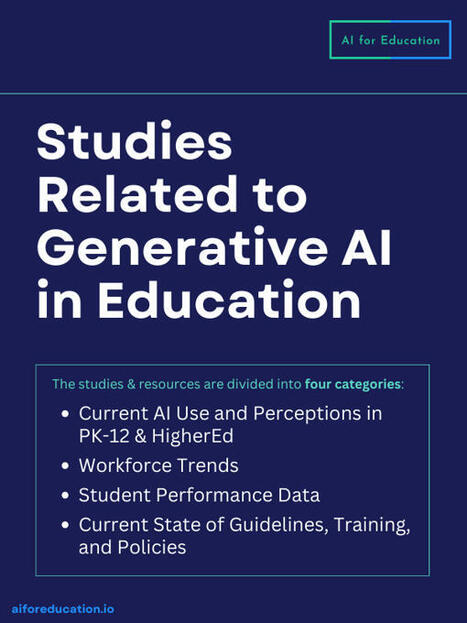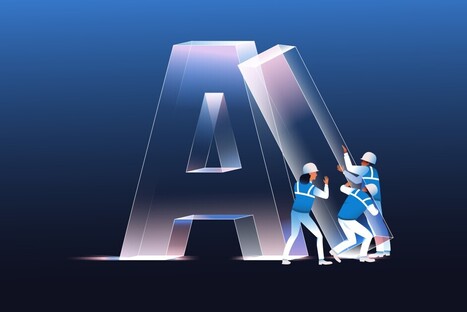IB chief Olli-Pekka Heinonen says governments around the world recognise that we must do more to protect young people from technological harms - and schools can help
Get Started for FREE
Sign up with Facebook Sign up with X
I don't have a Facebook or a X account

 Your new post is loading... Your new post is loading...
 Your new post is loading... Your new post is loading...

Nik Peachey's curator insight,
September 12, 5:00 AM
"The solution isn’t to ban the digital world our students inhabit—it’s to help them navigate it thoughtfully whilst creating educational experiences compelling enough to compete for their attention."

Richard Platt's curator insight,
March 9, 6:57 PM
Compilation of Generative AI and Education studies that are most often cited by our team during training sessions. The speed at which developments are occurring is rapid and gaining momentum. |

EDTECH@UTRGV's curator insight,
August 19, 11:59 AM
"The framework recommends schools adopt AI responsibly by prioritizing human judgment and transparency, creating a strategic planning task force, ensuring equitable and accessible AI opportunities for all students, and committing to ongoing evaluation and educator preparation." 
Marco Bertolini's curator insight,
August 20, 6:57 AM
Researchers have published a new framework for the responsible implementation of AI in education, from preschool throught higher education.

Nik Peachey's curator insight,
February 14, 5:55 AM
It's interesting to see this shift in attitudes towards AI in academia. |


























![[PDF] Using Artificial Intelligence in academic writing and research: An essential productivity tool | IT in Education and schools | Scoop.it](https://img.scoop.it/Xfcj7-bMgivcNpl8lk2QlDl72eJkfbmt4t8yenImKBVvK0kTmF0xjctABnaLJIm9)





